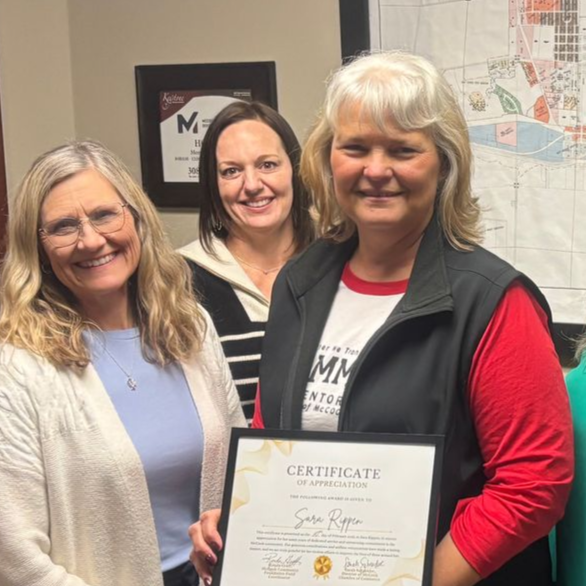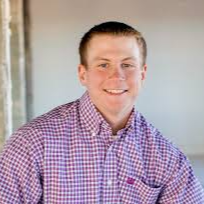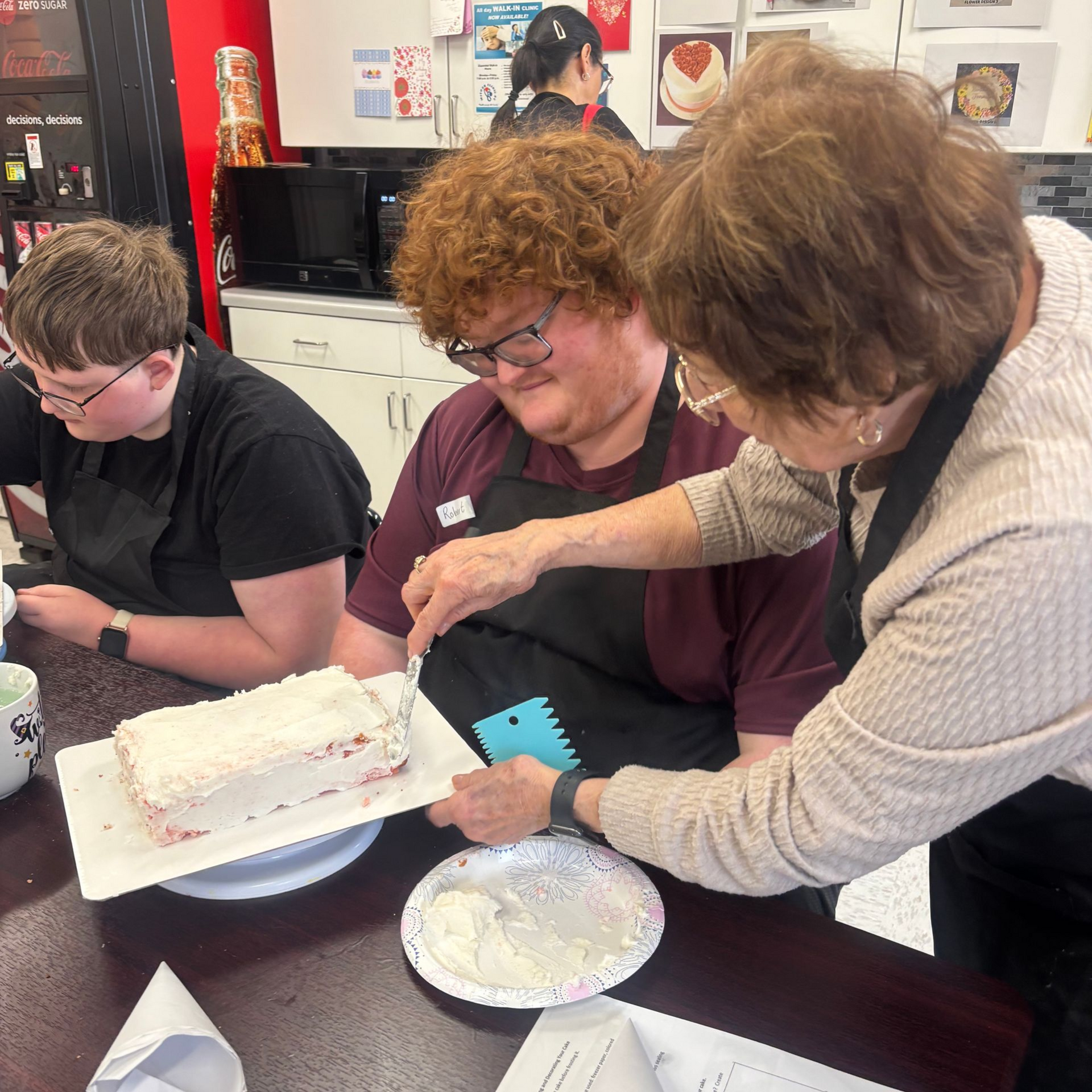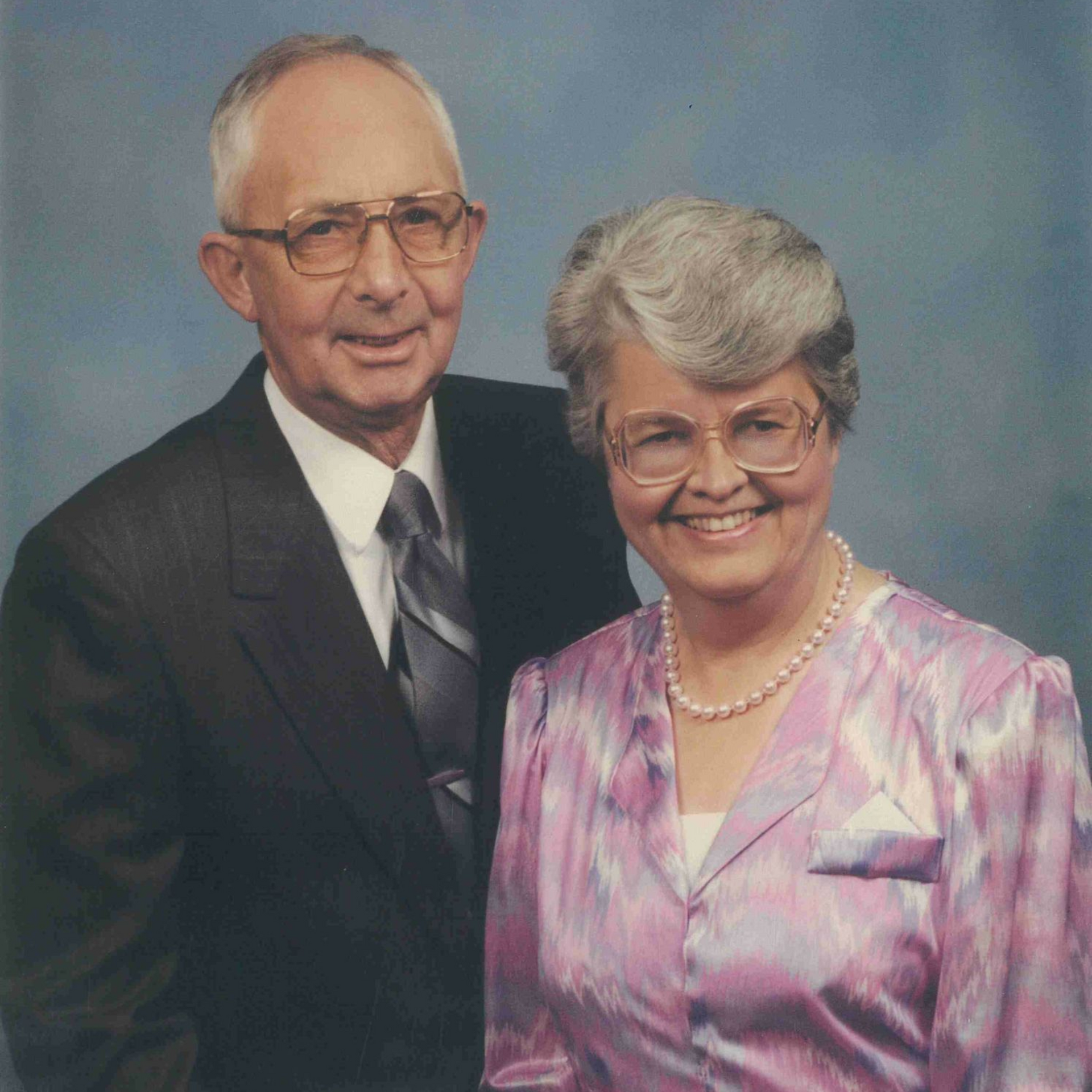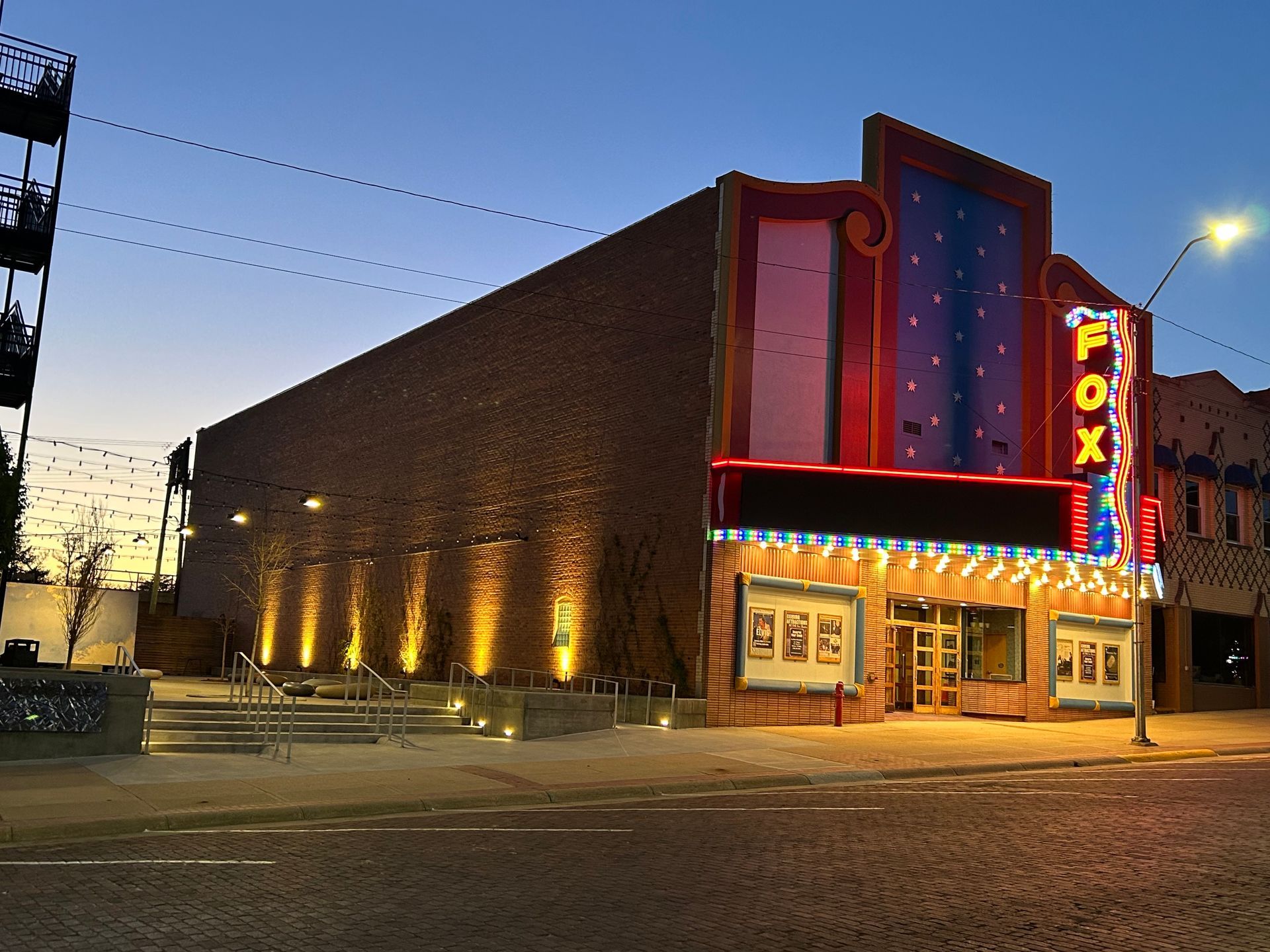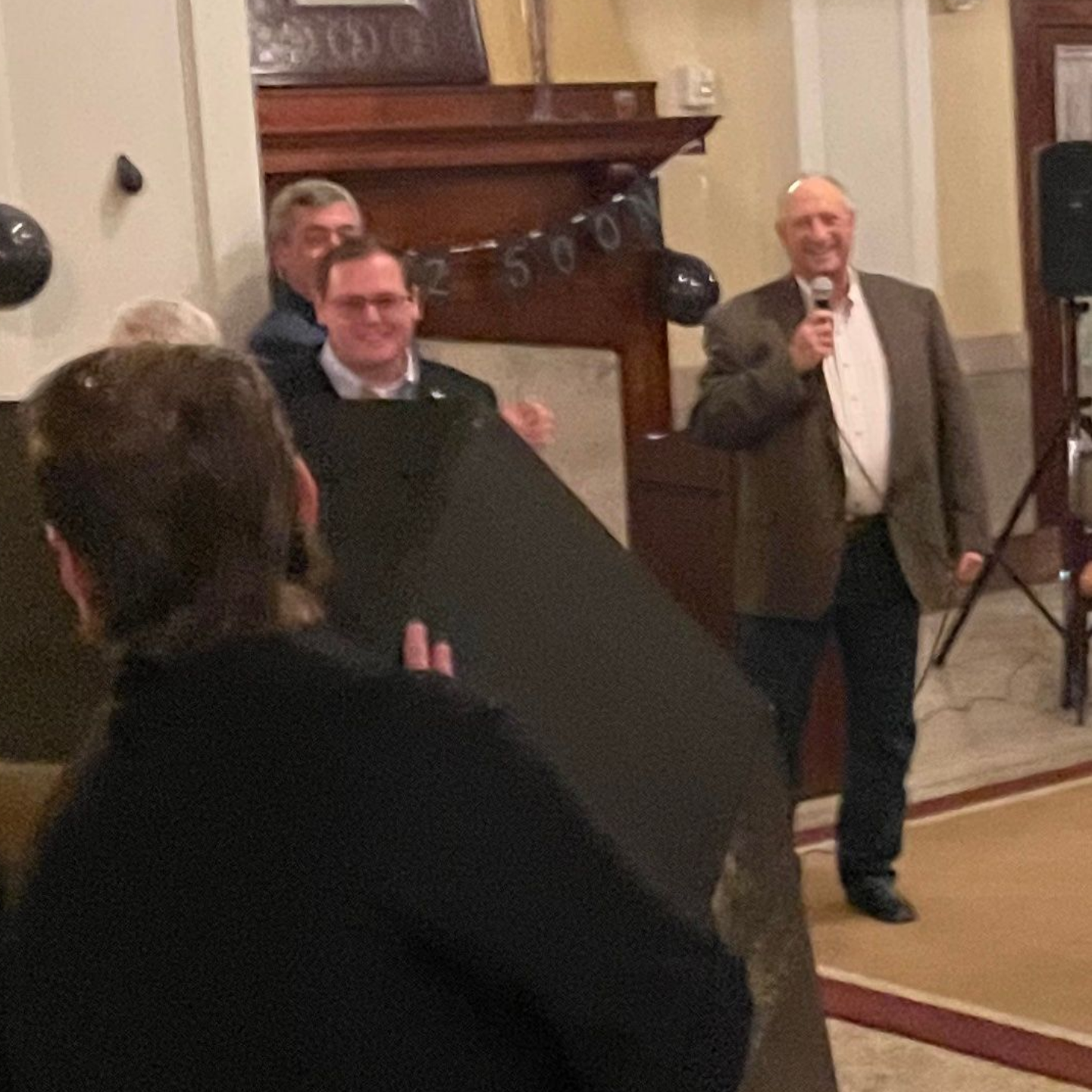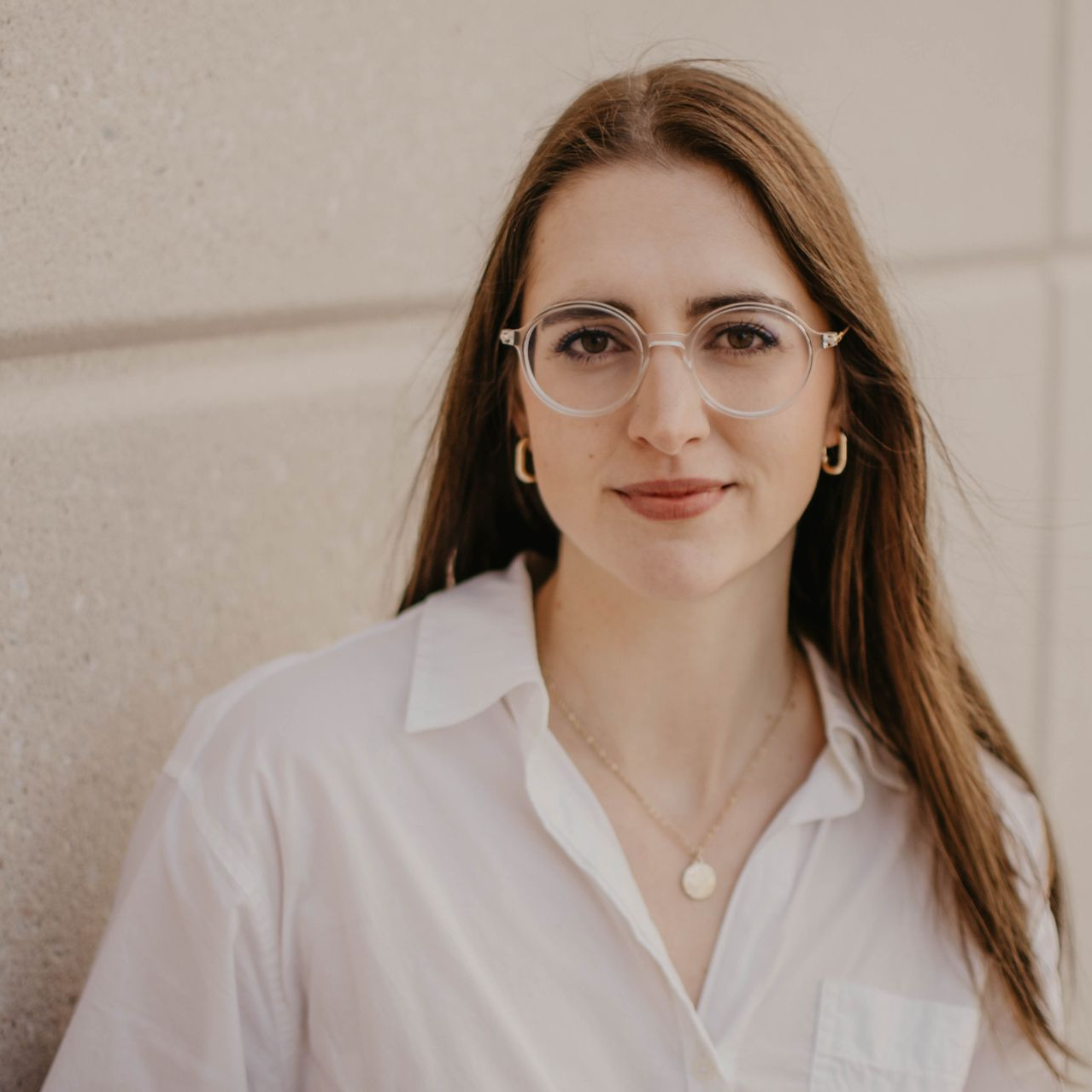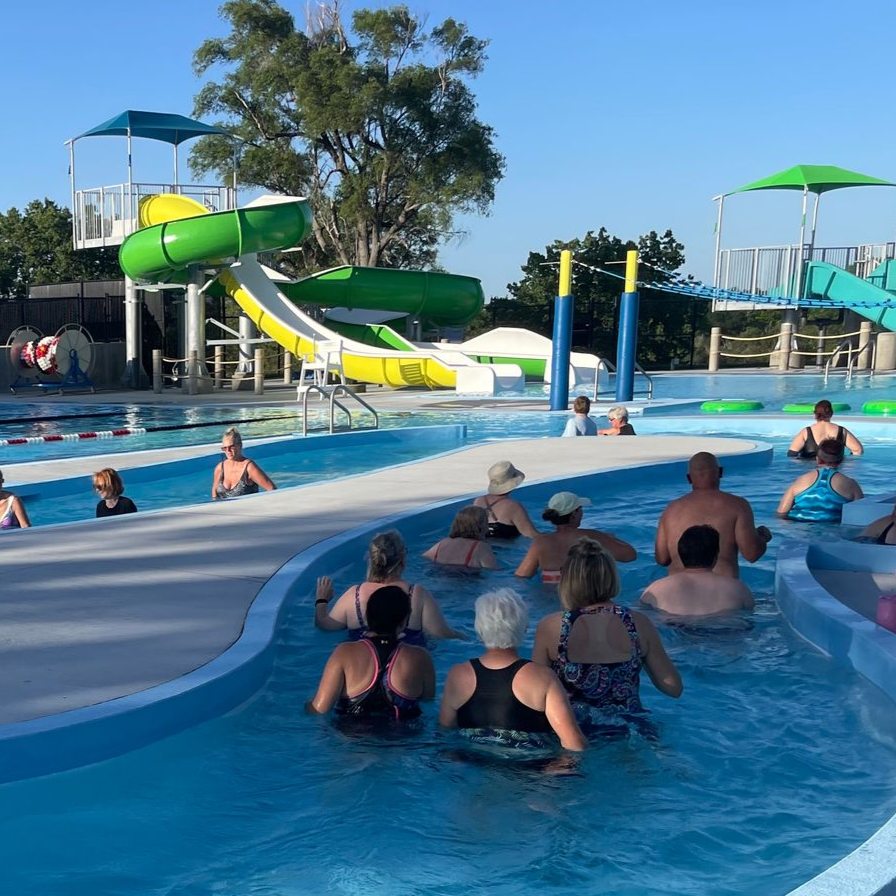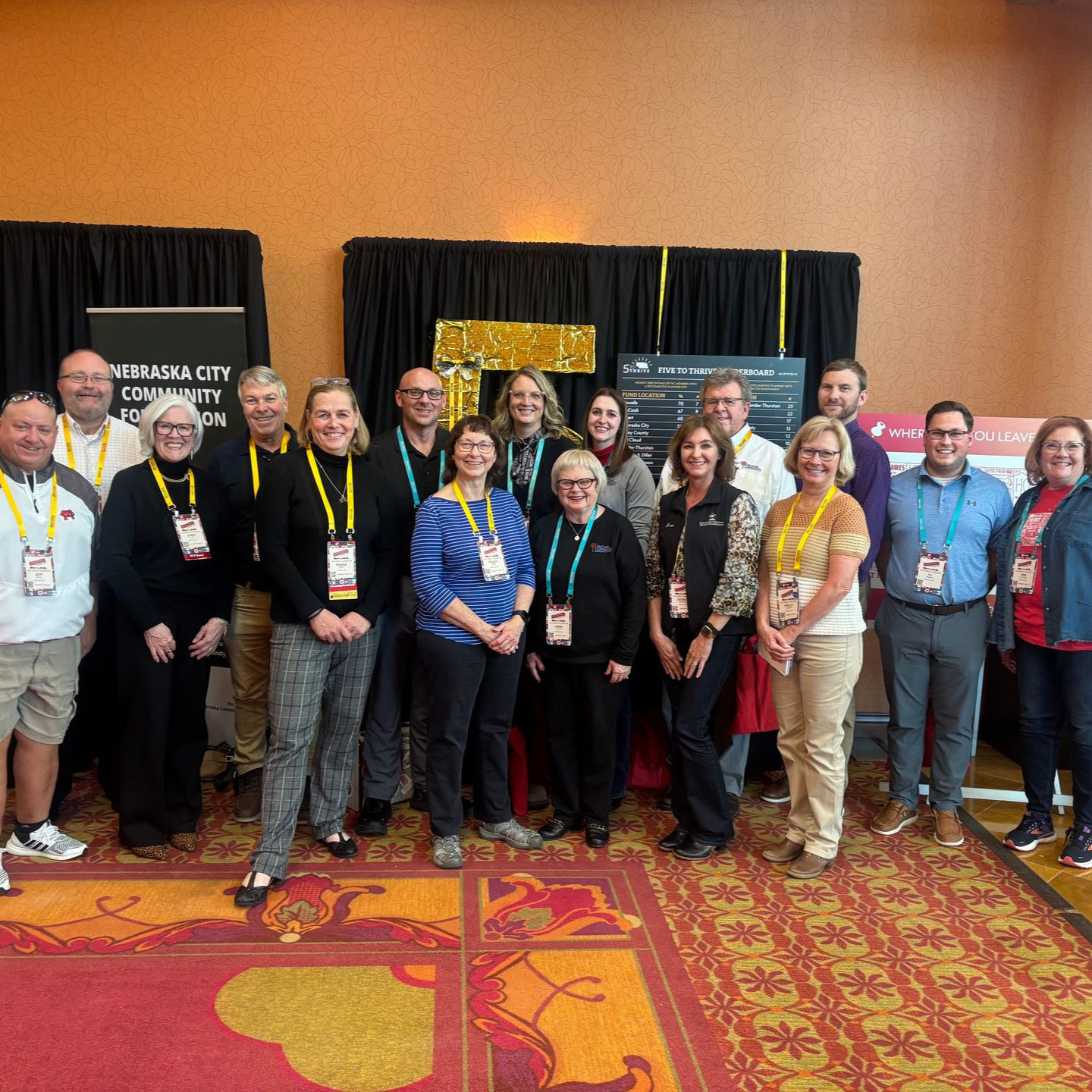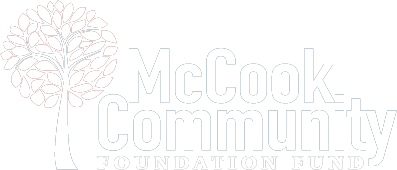Earlier this week, I shared a post on social media which I think is even more relevant today after the events of Jan. 6 in both Washington D.C. and across the country..
“Do not wait for leaders; do it alone, person to person. Today.” - Mother Teresa
Now, normally, we don’t advocate to do things alone. After all, the saying is “if you want to go fast, go alone; if you want to go far, go together.”
But following Mother Teresa’s teachings, “alone” in this case means not waiting on the “powers that be” to make things better. Instead, alone means that change happens on a personal level.
Mother Teressa believed that one of the most important things in a person’s life was respect and to be heard. The reason she was so influential was because she listened intently to whoever she was talking to, whether it was a world leader or a beggar on the street. Both were equally important in the world.
In reality, it’s a very simple concept: respecting and listening to one another, each and every one of us. It is making every person’s voice heard, every person’s opinion considered, every person’s thoughts valued.
How does that happen?
It’s having a cup of coffee with someone and having that tough conversation. It’s having a civil discussion over dinner with someone you may not agree with. It is taking the time to say things face-to-face, where there can be a civil discourse, rather than one-sided diatribes.
We begin to have civil conversations with one another, even those we don’t agree with. I believe Civic Saturdays are important, where we gather to have civil conversations to nurture a shared purpose. So far, my Civic Saturday experience has only spread as far as my dining room table with my own children, but I hope to bring it to the entire community as a way to engage friends and strangers in a common goal - civic engagement.
We also need to show respect for one another. While social media may keep us connected, it is also terribly dividing. People say things online that they would never - or at least I hope they would never - say in person. Maybe we should reinstitute another old saying, “If you can’t say anything nice, don’t say anything at all.”
Moving forward, we do not have to be what we saw in D.C. We can be - and we are - better than that if we are willing to work together.
While we need government for certain aspects of our lives, we cannot wait on them to solve all our problems. As individuals, we need to work together to make the change we want to see happen. Do you want to see a new project happen? Then start the conversation. Do you want to see improvements at your school? Then start the conversation. Do you want to see changes in your community? Then start the conversation.
We need to simply remember that everyone wants what is best for them, for their families and for their communities. We just have different ideas about how to get there. It is that middle ground between the ideas that we need to come together to find.
And that is why the conversations are so important. Start with one-on-one conversations. Soon you’ll discover that you have more in common than you have differences. Because by working together, we can make McCook- and our entire country - an even better place to call home.
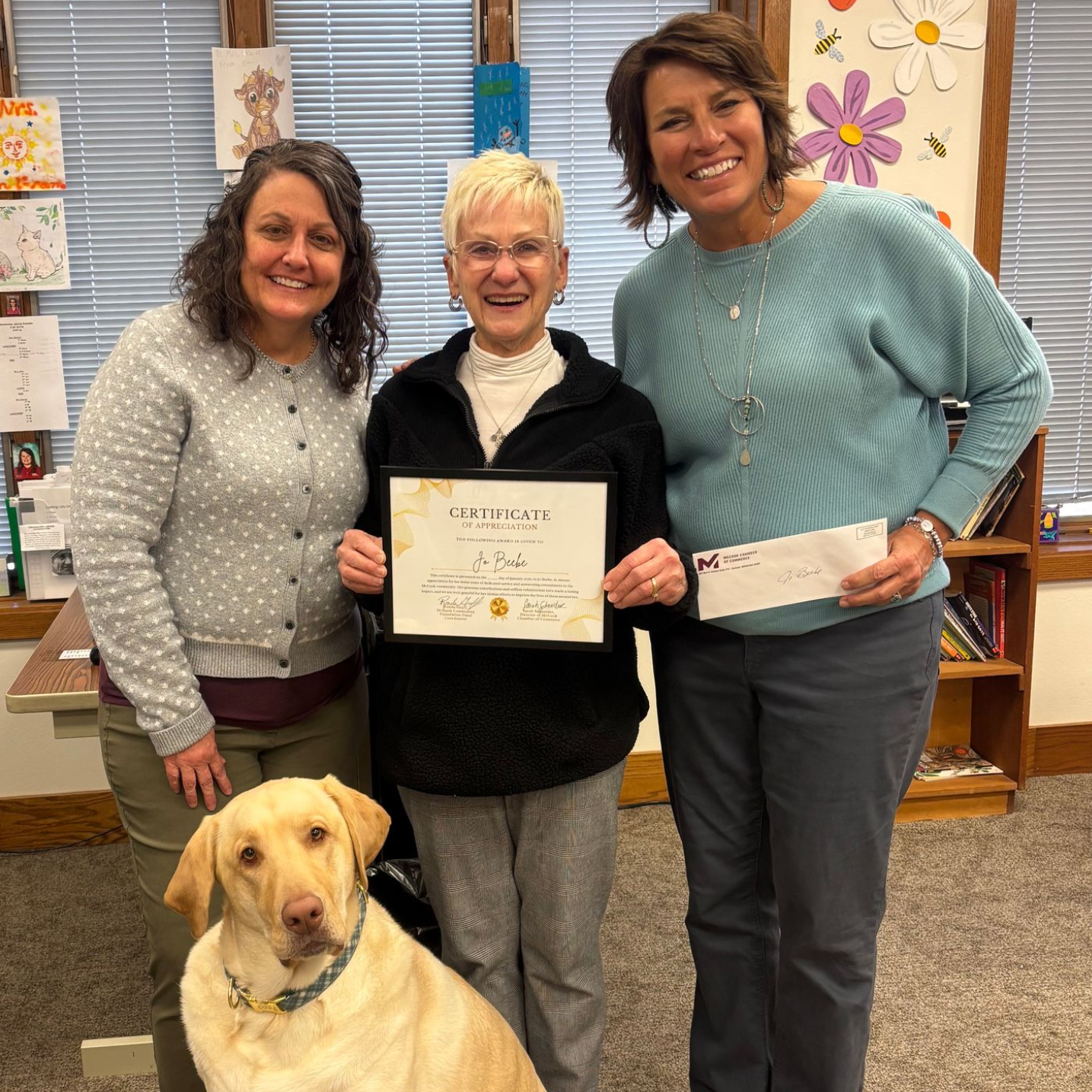
To kick off the new year, Jo Beebe has been selected as the January 2026 McCook Volunteer of the month. While many people might know Jo for her years at the Sports Shoppe, she can be found giving hours of her time to the community, especially at St. Patrick Church. Whether during the weekly Mass or for a funeral or wedding, Jo shares her beautiful voice from the choir loft, as well as leading the choir members. Jo, along with her husband Harold, also has served as the St. Pat’s GALA host couple in the past and continues to help with set-up and cleanup of the annual event. Jo is also active with the Fall Festival, the Rosary Rally and the Wild Game Feed in Curtis every year. She attends every the Order of Christian Initiation of Adults class and helps students prepare for confirmation. And since retiring from the Sports Shoppe, she is active in the Altar Society, and volunteers at the Bargain Bazaar thrift store. According to her nomination, “The way Jo gives of her time and talents to our parish and community is a reflection of her faith,” and the community and the church are better because of her generosity. The McCook Philanthropy Council selects the monthly recipient for the McCook Volunteer of the Month award as part of the McCook Community Foundation Fund’s McCook Volunteer program. If there is a volunteer in the community who should be recognized, please contact the McCook Chamber of Commerce at 308.340.3200 or visit McCook Volunteers on the MCFF website, mccookfoundation.org to complete a nomination form. The only requirement is that the nominee must be a resident of McCook or Red Willow County. Please have information about the nominee along with where and how they volunteer in the community.

